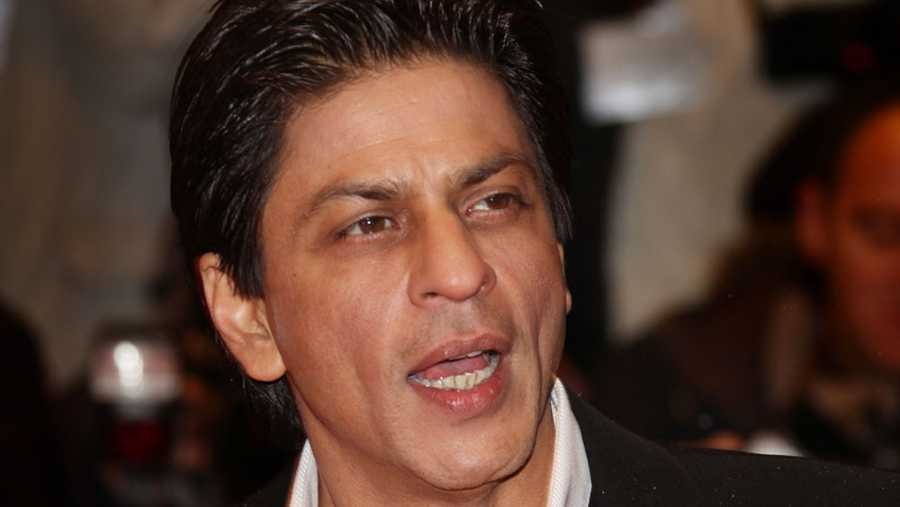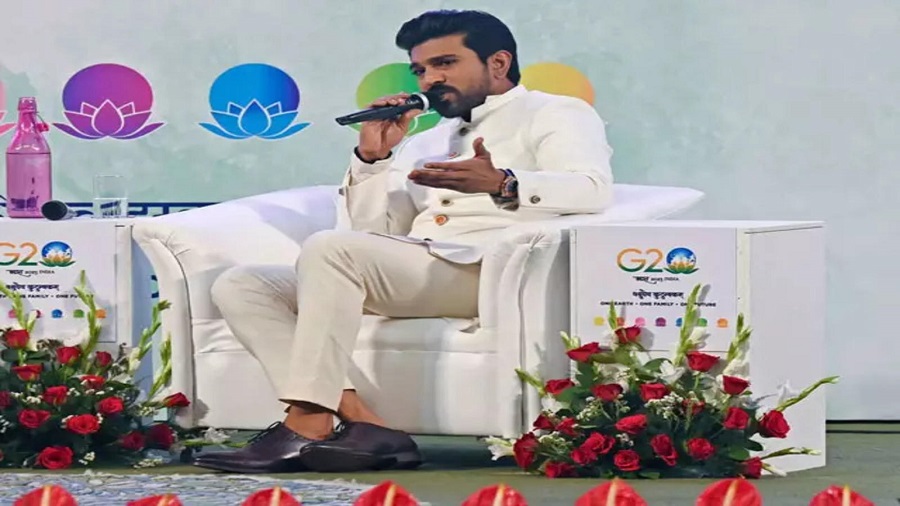KOCHI:
Starting Friday, the ongoing third edition of the Kochi-Muziris Biennale (KMB) will screen a series of film packages specially curated by eminent filmmakers, critics and scholars. As many as eight films feature narratives on contemporary caste-based discrimination.
Reputed documentarian and critic Prof. C.S. Venkiteswaran will present a cinema package titled ‘Kin etic Power Called Caste’ that showcases four hard-hitting Malayalam-language works: Shanavas Naranipuzha’s Kari (2015), Sanalkumar Sasidharan’s Ozhivu Divasathe Kali (2015), Ranjit Chittade’s Pathinonnam Sthalam (2016) and Aaradi (2016) by Saji Palamel Sreedharan.
etic Power Called Caste’ that showcases four hard-hitting Malayalam-language works: Shanavas Naranipuzha’s Kari (2015), Sanalkumar Sasidharan’s Ozhivu Divasathe Kali (2015), Ranjit Chittade’s Pathinonnam Sthalam (2016) and Aaradi (2016) by Saji Palamel Sreedharan.
Noting that there was an undercurrent of caste-based discrimination hiding behind Kerala’s ‘progressive’ reputation, Prof Venikiteswaran said, “Kerala boasts of its social reformation and claims discrimination on the basis of caste and gender does not persist in its society. However, the film package aims to showcase the double standards of Malayalees on caste issues.”
Next month, another cinema package – titled ‘The Die is Caste’ and curated by noted film scholar Meenakshi Shedde – will explore how a modern, globalised India still deals with burning issues of caste and the future of caste in India. It will also feature music shows by activist performers.
This package, which runs from January 7-10, will showcase four films (in order of screening) in as many languages: Bikas Mishra’s Chauranga (2014) in the Kortha dialect spoken in Jharkh
and, Nagraj Manjule’s Marathi feature Sairat (2016), John Abraham’s Agraharathil Kazhuthai (1977) in Tamil and Chomana Dudi (1975) by B.V. Karanth in Kannada.
“Caste-based discrimination in Kerala is different from the rest of the country. Inequality is evident even in politics and religion. The movies based on caste sensitive issues are rare in the Malayalam cinema industry,” Prof. Venkiteswaran said.
Kochi Biennale Foundation Secretary Riyas Komu said films based on socio-political issues are screened in the festival. “This not just a platform to showcase the art of filmmaking, but to send out strong messages against the caste discrimination and racism that exists in society. Every movie will be a visual treat for the visitors,” Komu said.
The films will be screened, with English subtitles, at the Pavilion in Cabral Yard, Fort Kochi at 6.30 pm. The festival runs through to the end of India’s only Biennale.




